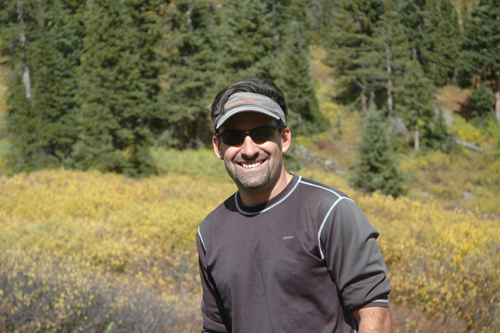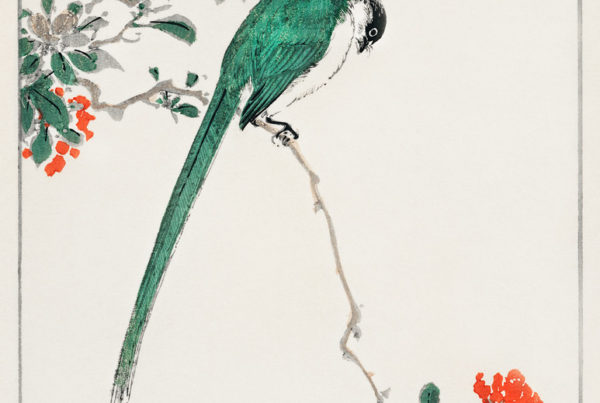Last Updated on November 8, 2011 by James Dziezynski
 It happens in very small increments: we get a step slower, ache a bit more, lose a bit of the spark that gets us up in the morning. Sometimes I see it in my middle aged cat, who still has a spry spirit but seems a little stiffer and less playful. I try not to see it in myself. Maybe because I switch around my activities enough, I don’t have an evident enough metric to notice any substantial decline. But it’s there and it’s happening, which is what makes Andrew Tilin’s new book The Doper Next Door: My Strange and Scandalous Year on Performance Enhancing Drugs so interesting.
It happens in very small increments: we get a step slower, ache a bit more, lose a bit of the spark that gets us up in the morning. Sometimes I see it in my middle aged cat, who still has a spry spirit but seems a little stiffer and less playful. I try not to see it in myself. Maybe because I switch around my activities enough, I don’t have an evident enough metric to notice any substantial decline. But it’s there and it’s happening, which is what makes Andrew Tilin’s new book The Doper Next Door: My Strange and Scandalous Year on Performance Enhancing Drugs so interesting.
Getting older is an insidious beast. Once the energy stops being automatically generated, it becomes difficult to discern the source of our enervation. Stress is the mother of all fatigue, wringing out happiness into a grey, milky puddle that we need to somehow reabsorb lest it evaporate. What happens in our physical and psychological beings is of course directly effected by all those mysterious hormones and chemicals coursing through our bodies. While science hasn’t quite unlocked the fountain of youth, it’s clear that it has tapped into the first pieces of puzzle.
I recently wrote a short blog on the subject for Elevation Outdoors about Andrew Tilin The Everyman Doper. I’m just starting the book now and from what I’ve read, it’s well written, honest and insightful. As an endurance athlete, I’ve nearly always been a “top thirder”: victory to me is to come in the top 33% of whatever event I am in. With some things like triathlons, I don’t really care as much since I don’t invest much time into being a better swimmer. But with bikes, hikes and other things, I feel compelled to excel. But because I started so late in the game being competitive in these things, I never realistically expect to reach an elite level. That’s for those type As who through either luck, circumstance or a particularly effective inner demon, have the means to get to the top of the heap. I’ve always been mostly comfortable being in the top half of the heap.
But how tempting is it to have a sneak peek at the other side? While I’ve always been athletic, I was pretty small growing up and by the time I grew (to the modest extent I did), it was too late to do much with it. As Tilin states, if you get used to watching all the bigger, taller, stronger guys rip it up on the field, land the prettiest girls and get all the admiration, you come to accept being one of the supporting cast. So how hard is it to resist the chance to be the star, especially in middle age when there’s a good chance you have enough wisdom and savvy to parlay that into something more sophisticated than homecoming king?
The answer, I suppose, is in Tilin’s book. Those of you who know me already know I’m not a big fan of drugs in general and outside of Advil, I rarely put anything medicinal or otherwise into my body (for better or worse). Heck, I felt weird taking Vitamin D pills when blood tests showed I was slightly low. But also, my athletic performance hasn’t diminished much yet and since I’ve yet to be in the front of the pack, the addictive glamour hasn’t really germinated. That’s not to say it won’t, it’s just saying it hasn’t. Who wouldn’t want to be Superman, if only for a little while?




